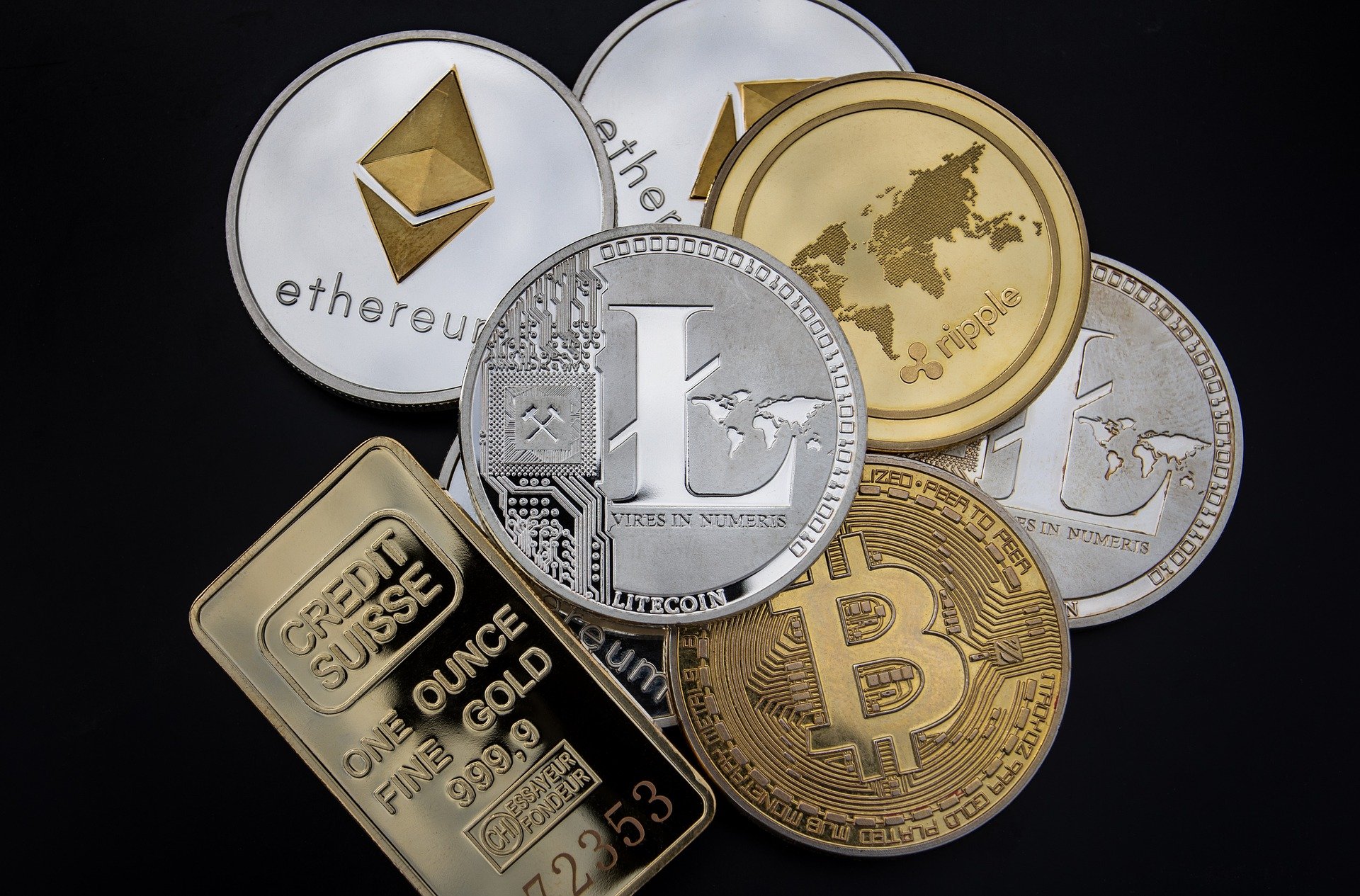Suppose the United States Security and Exchange Commission (SEC) should ban trading platform Robinhood for diverting retail trade orders to market makers (in what is known as order flows). In that case, the controversial exchange could lose a huge chunk of its revenue source.
Robinhood’s Offer Flow Practice
Brokers usually indulge in this practice to prevent paying trade fees and offer commission-less trading to their users. Today, wall street journal reports that the exchange initial public offering filing showed that it earned more than 80% of its first-quarter revenue through order flows on cryptocurrency, options and stock.
You’d recall that Gary Gensler has revealed several times that he isn’t a fan of the practice as it is shady at best. Also, the GameStop issue that occurred early this year has made the issue the focus of public attention. It is a public secret that the exchange was accused of misleading its users about its use of flow orders.
Last December, the SEC found them guilty upon investigation and fined them $66 million, which they promptly paid. Robinhood has even acknowledged that it could be out of business if the SEC should impose strict sanctions on flow orders, such as banning it outright or tightening its regulations. It is illegal to practice flow orders in countries like the United Kingdom and Canada.
The new obstacle that Robinhood need to cross now before achieving its IPO objective is SEC’s silence overflow orders. Until the SEC makes its decision, Robinhood’s IPO objective remains up in the air.
Robinhood’s IPO Filing Delay
Last month, Robinhood had to wait for the SEC to complete its inquiry about the firm’s digital currency trading business before it could file its IPO. It is a proven fact that this year has been exceptionally great for Robinhood’s crypto section as it continues to grow in leaps and bounds.
The growth reflected in the firm’s balance sheet with its Q1 earnings is the highest contributor to its earnings. Also, its earnings in the first quarter were six times that of the previous quarter. Three months ago, the firm expanded its crypto trading services by hiring a new chief operating officer.
The Robinhood-Dogecoin Issue
You’d recall that Elon Musk took an interest in the Dogecoin cryptocurrency early this year. Then, it broke several peak prices and even ranked among the top five cryptocurrencies in the world. However, Robinhood’s technical problems and halting of crypto deposits meant that traders couldn’t trade the $doge as they desired.
At this point, SEC’s attention was drawn to the exchange who fined them $75 million for damages caused to traders. If the SEC’s current investigations find Robinhood guilty of flow order violations, the exchange’s fine could be almost $20 million.
The financial industry regulatory authority and the SEC continues to promulgate tougher sanctions for crypto-related firms (including Robinhood) as criminal hacks and cryptocurrency ransoms continue to be prevalent. The company has been fined before and they paid, fining them again won’t be new.
